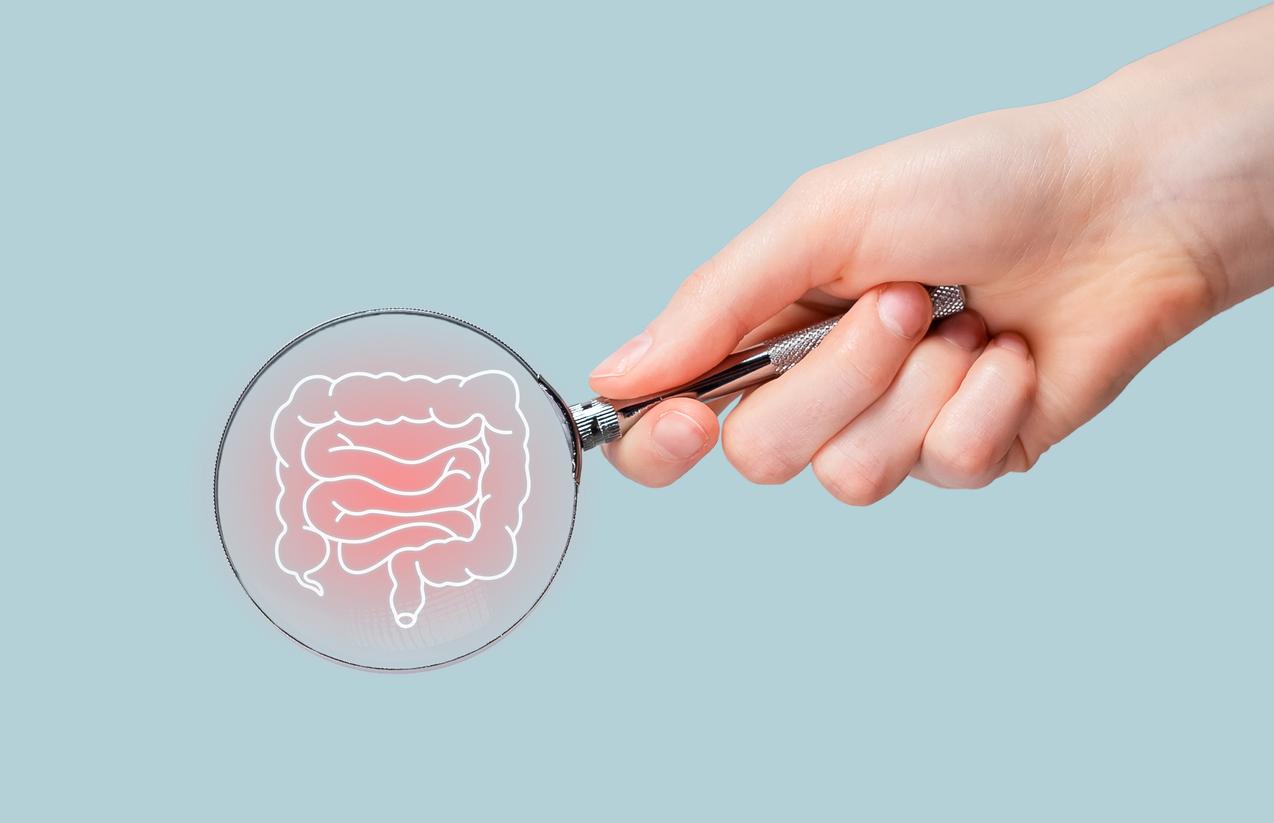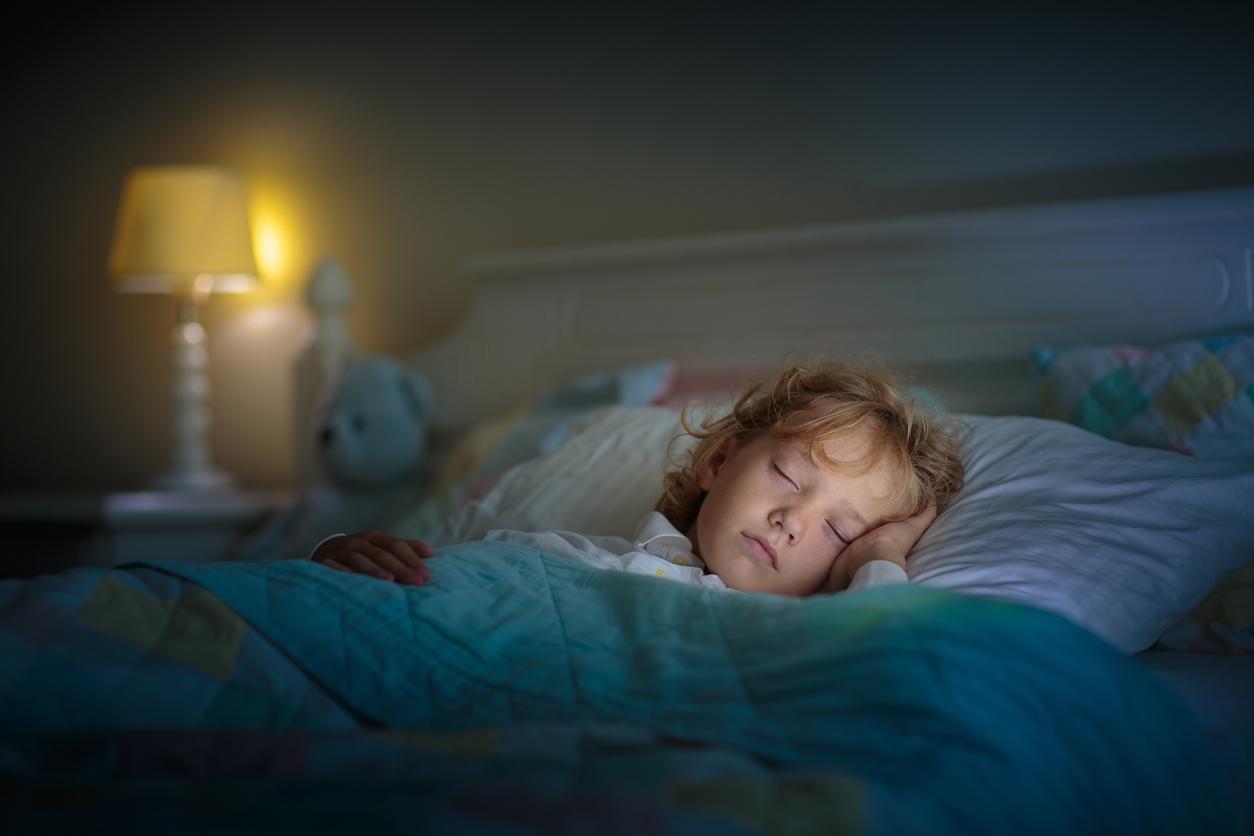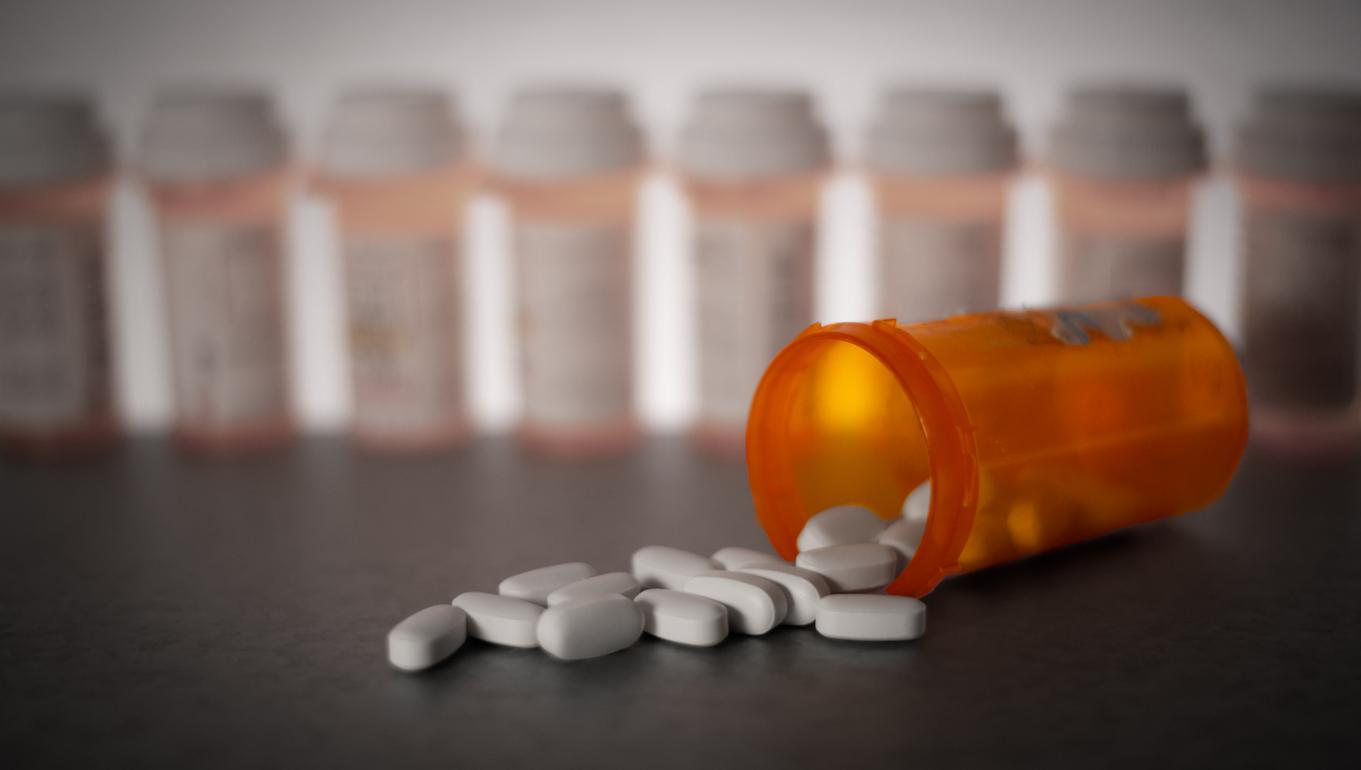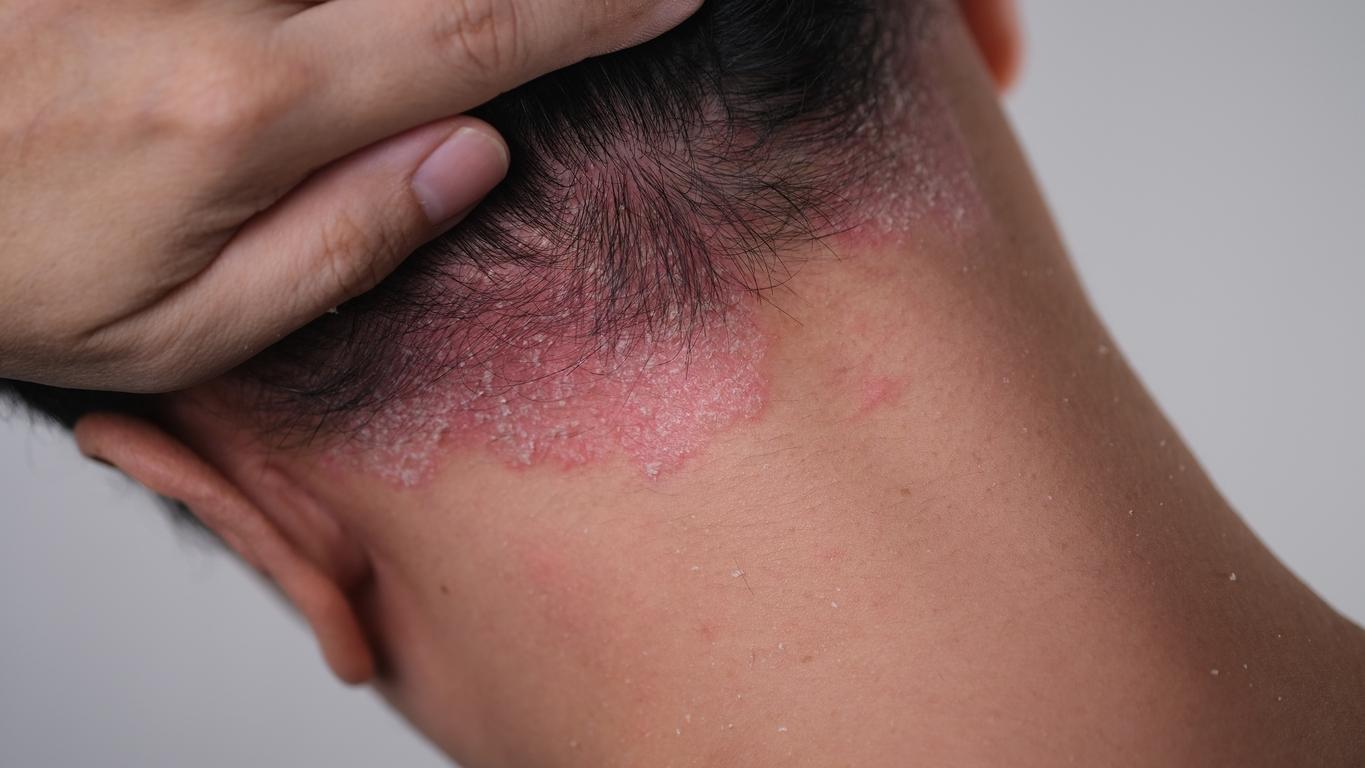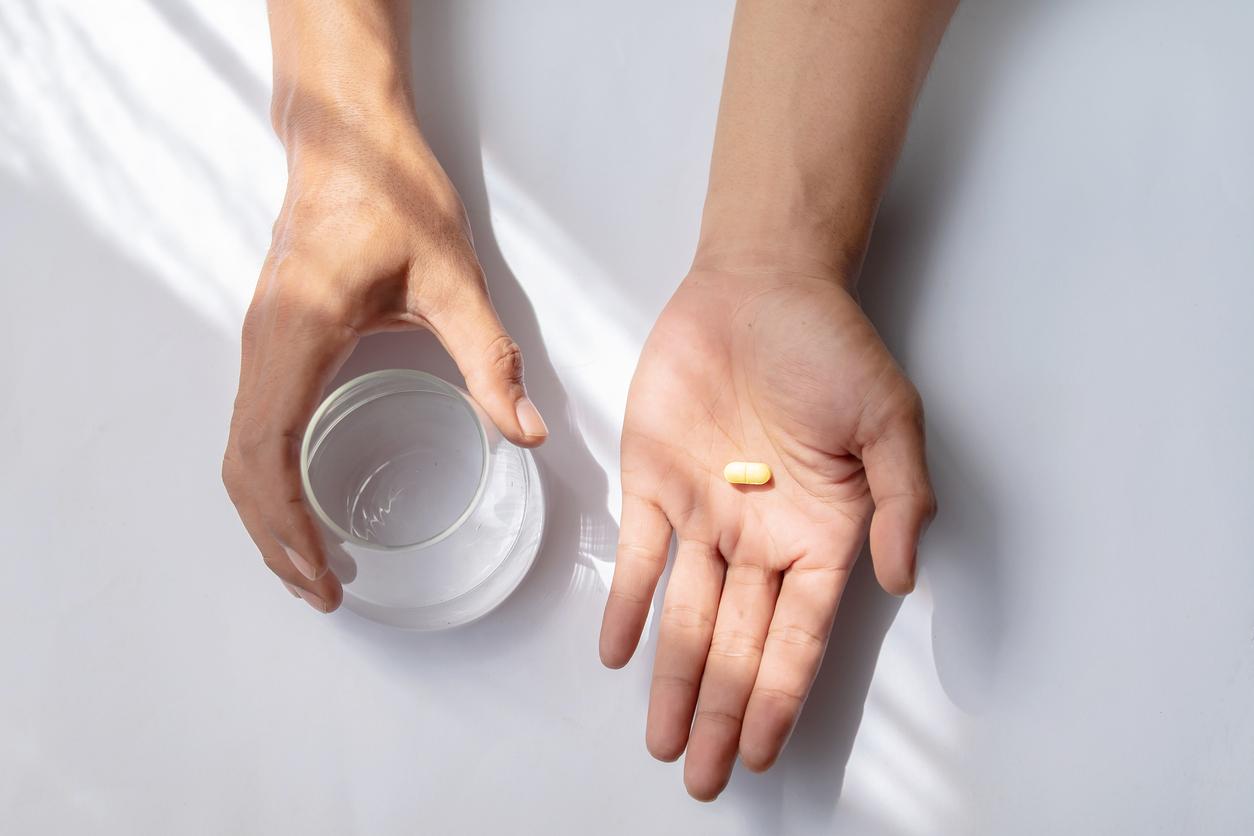Developed by a pharmaceutical company about thirty years ago to treat people with a certain form of diabetes, this hormone (desmopressin) quickly proved its worth (also) in nocturnal enuresis. This medication, which mimics the action of a natural hormone, temporarily retains water in the body and limits the amount of urine produced… thus reducing the need to pee for a period of approximately 8 to 10 hours.
Its use has gradually been prescribed to children over 6 years of age suffering from isolated primary nocturnal enuresis, “that is to say children who fill their bladder while they sleep and do not wake up when they empty it” explains Dr Henri Lottman, from the Necker Sick Children Hospital. To prevent them from suffering from this bedwetting problem, it must be screened for, diagnosed and treated. Without taboo. Adds Dr Lottman.
But initially presented in tablet form, the drug did not appeal to all children (some having difficulty swallowing it) who refused to follow the treatment every day. As for the “nasal spray”, it was finally withdrawn from its indication for the treatment of enuresis by the health authorities because of the risk of overdose. The pharmaceutical company has therefore developed a new form of desmopressin: a small tasteless lozenge that melts under the tongue without the child needing to drink.
As a rule, the doctor or pediatrician will stop the treatment after three months in order to appreciate the child’s natural ability to control himself. In the event of a relapse, treatment may be prescribed again to give the child time to normalize this disorder.
More info on enuresis: www.pipi-au-lit.net
To find out more about enuresis with EurekaSanté, the general public medical site published by VIDAL.



